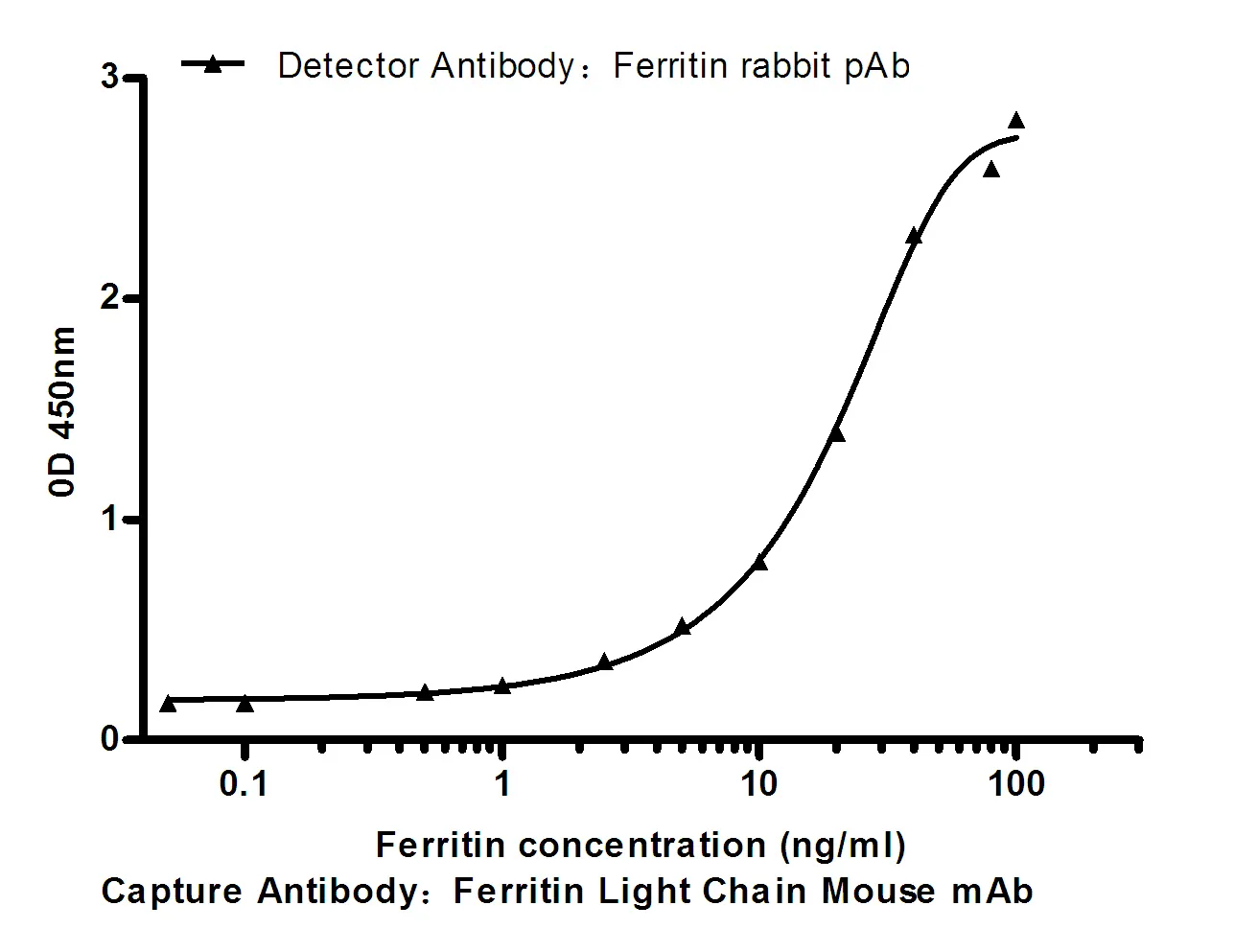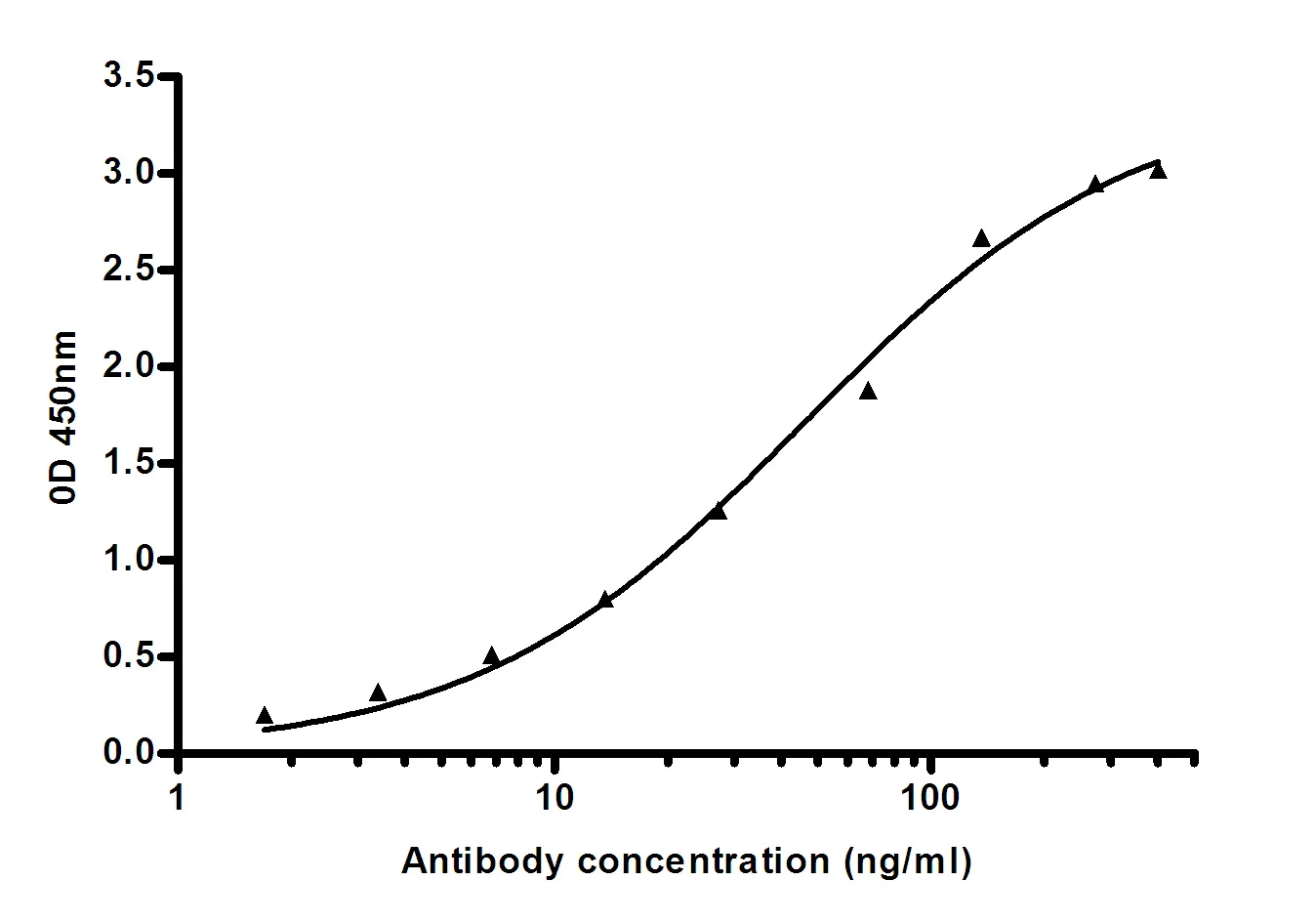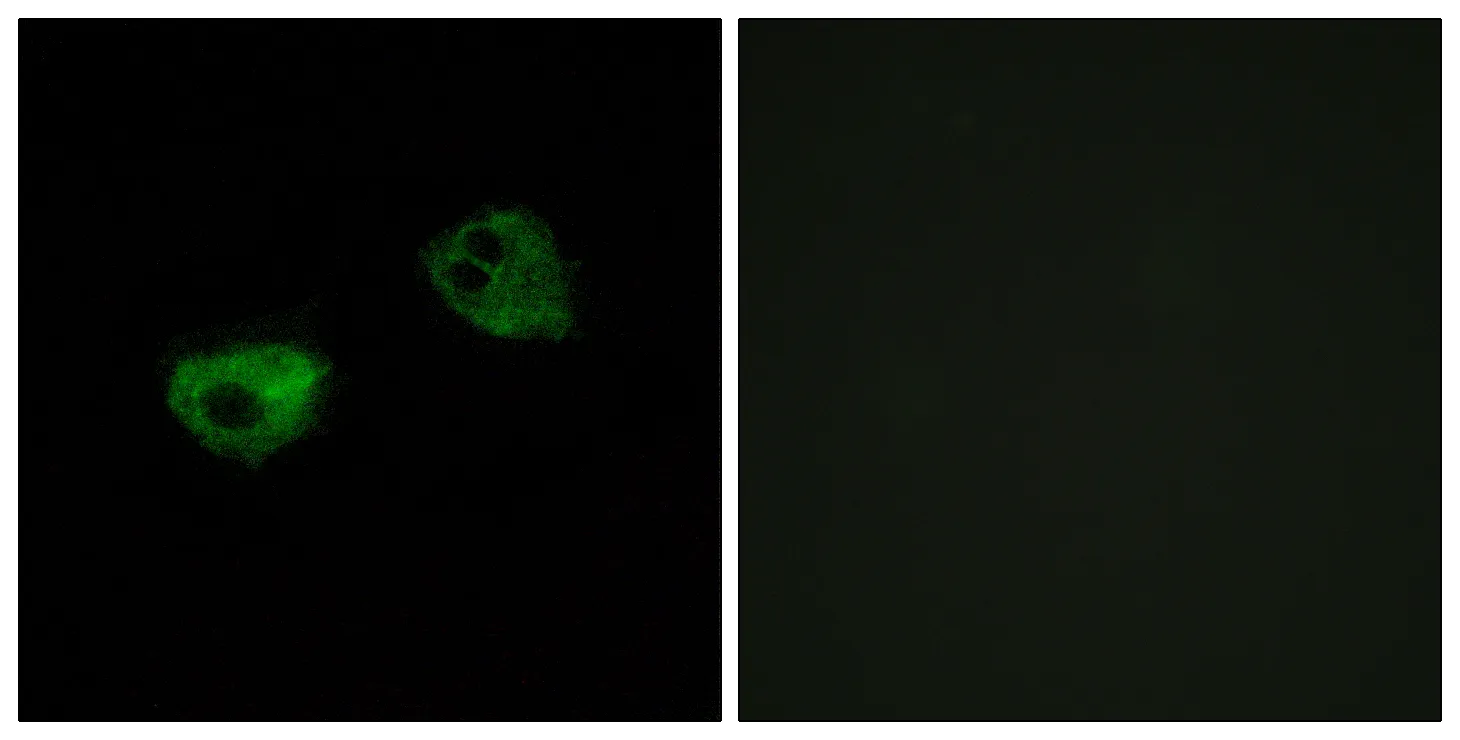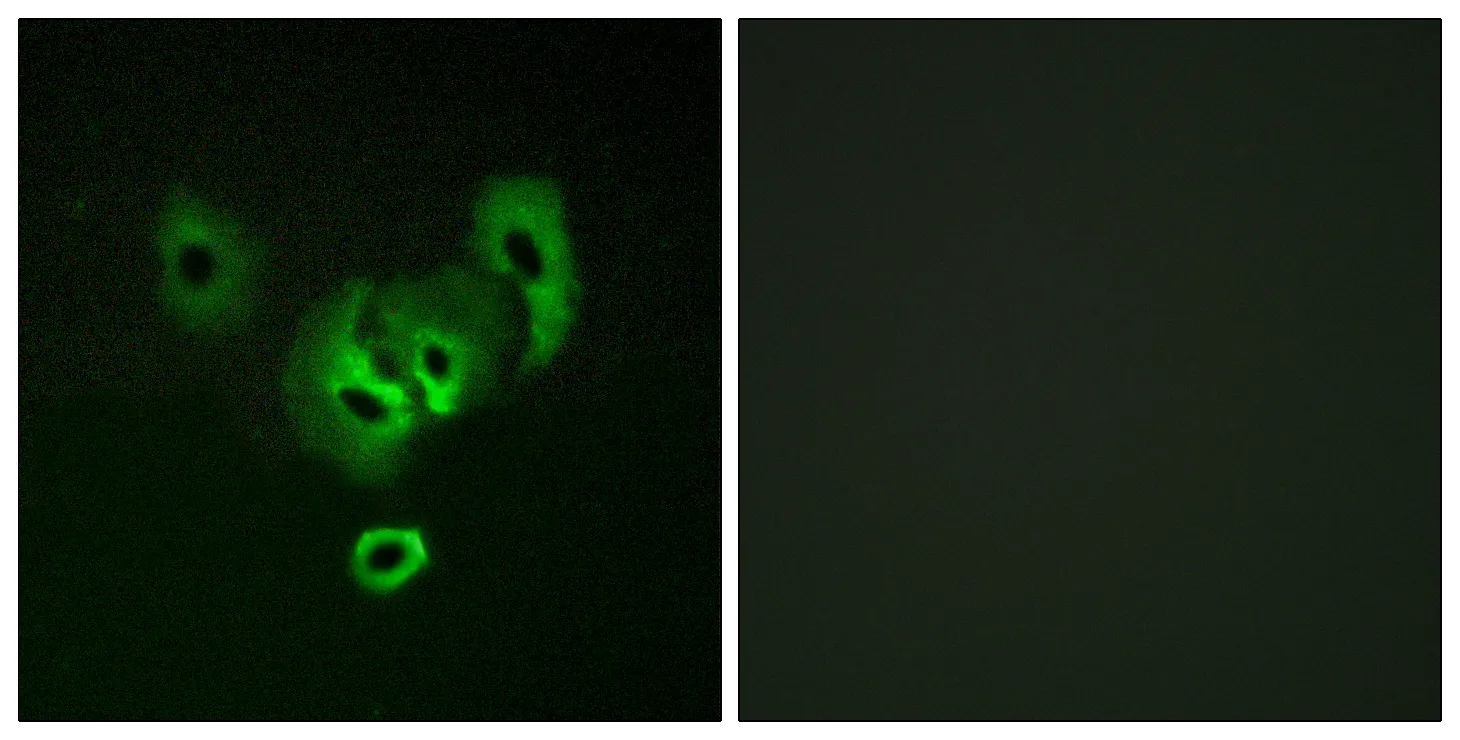Summary
Performance
Immunogen
Application
Background
Snail is a zinc-finger transcription factor that can repress E-cadherin transcription. Downregulation of E-cadherin is associated with epithelial-mesenchymal transition during embryonic development, a process also exploited by invasive cancer cells . Indeed, loss of E-cadherin expression is correlated with the invasive properties of some tumors and there is a considerable inverse correlation between Snail and E-cadherin mRNA levels in epithelial tumor cell lines . In addition, Snail blocks the cell cycle and confers resistance to cell death . Phosphorylation of Snail by GSK-3 and PAK1 regulates its stability, cellular localization and function .Tissue specificity: Expressed in a variety of tissues with the highest expression in kidney.
Research Area
Epigenetics and Nuclear Signaling




